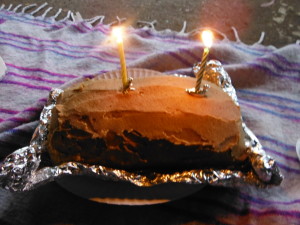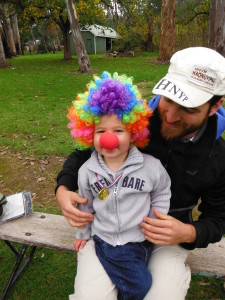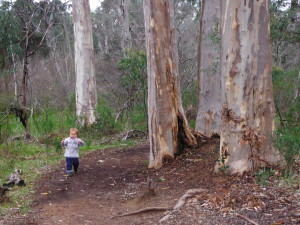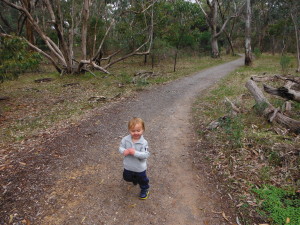Parshas Chukas: The Fine Art of Persuasion
I once heard something that struck me as very wise: We all manipulate others; the only thing that changes is the method we use. When we shout at someone in anger, we are trying to force them to yield to our will. When we smile at or thank someone who does us a favor we are trying to encourage them to do more favors in the future. When we ignore a certain person’s phone calls we are teaching them not to call anymore. Our every little interaction with other people is a form of persuasion, whether we do it consciously or not. As creatures of action and reaction, there is nothing we can do to stop it – even changing our behavior will change others’ reactions to us.
Thus it follows that persuasion is an art that is all-important in each and every one of our lives. We all know someone who always seems to get their way with no effort. And we all know someone who never gets what they want no matter how hard they try. Some people are masters of persuasion, subtle and powerful, while others just seem to stumble and fall over their attempts to persuade. Yet, persuasion is a skill that can be taught and honed.
The Torah demonstrates over and over again the different masters and methods of persuasion. From Moshe (Moses) challenging Korach to a “competition” of offerings in last week’s parsha as a way to win over the Jews’ loyalty to Aaron’s feeble attempts to prevent the Jewish people from building the golden calf, persuasion (successful or not) is as ubiquitous in the Torah as it is in our everyday lives.
This week’s parsha teaches us an important lesson about persuasion. Moshe is told by G-d to speak to the rock to get water to come from it, but instead he strikes it. Yes, water comes from the rock when Moshe hits it, but the consequences are very serious: Moshe is forbidden from entering the land of Israel.
In our lives, we can use different methods to get what we want. Like Moshe with the rock, we can beat and bully others into submission. Or we can do what G-d commanded: speak and be subtle. The Torah is coming to tell us this message: Persuade softly.
Yes, there is a time and a place for force. Pharaoh refusing to free the slaves is subject to gruesome plagues. Pinchas must slay Prince Zimri for his sexual offenses in order to cure the plague afflicting the Jews. If there is a rockslide threatening, we may need to blow up the stones to save peoples’ lives.
But when the circumstances are not so dire, we must speak softly and persuade gently. First Reuven and then Yehuda use words to persuade their brothers from killing Yosef (as his death was not yet imminent, it was not necessary to intervene with force). Moshe must speak to the rock to get water, not hit it. If we want to grow vegetables, we must coax them from the land with time and care.
This week, try to develop a better awareness of the methods of persuasion you use most. Are they too forceful for the situation or not forceful enough? Perhaps we each, like Moshe, need to learn to speak to the rock rather than hitting it.
Shabbat shalom!
Read more on Parshas Chukas: Explaining the Unexplainable
Read more on Parshas Chukas: We All Get Angry Sometimes
Read more on Parshas Chukas: Learning a New Type of Logic
Read More










